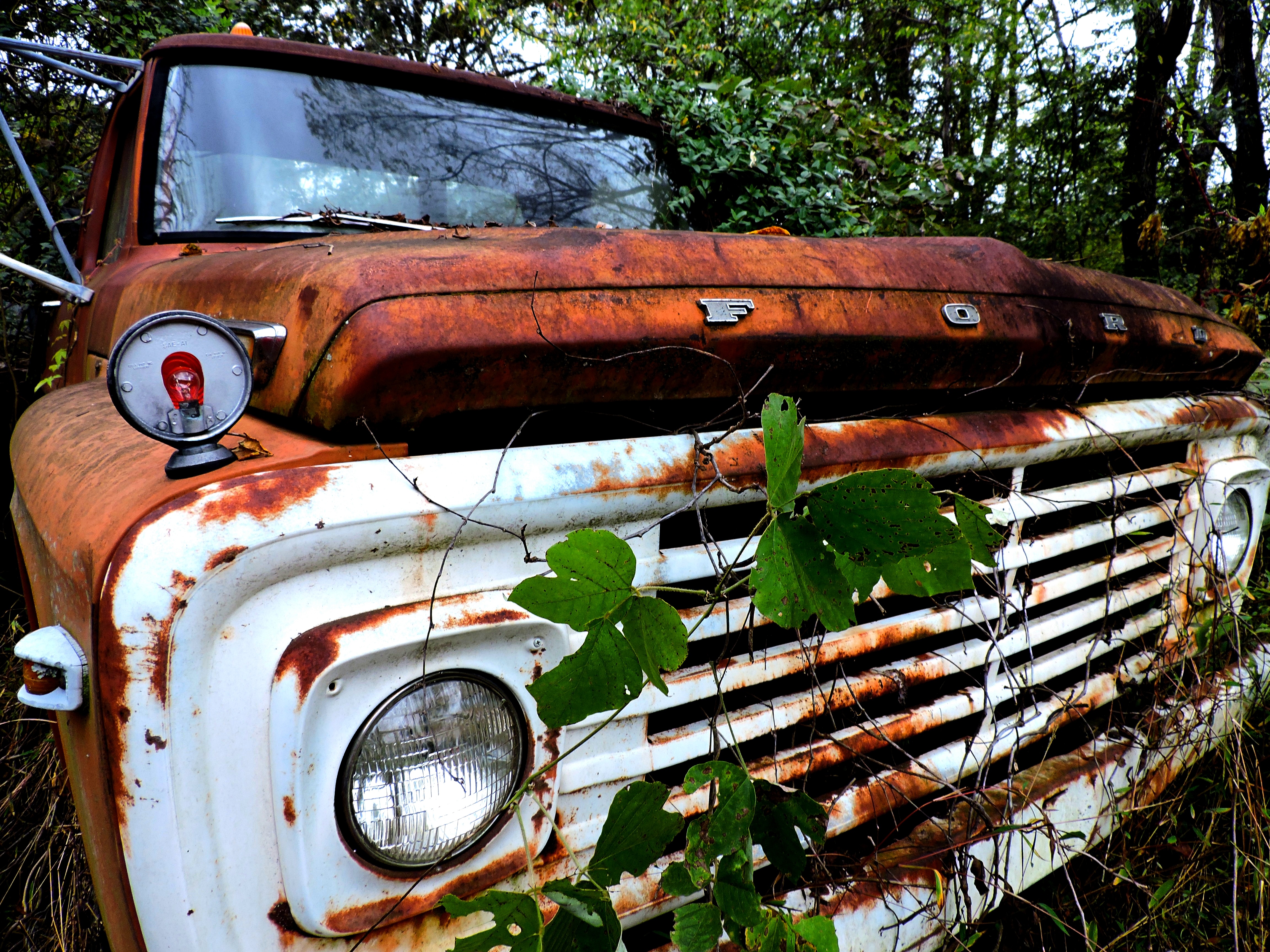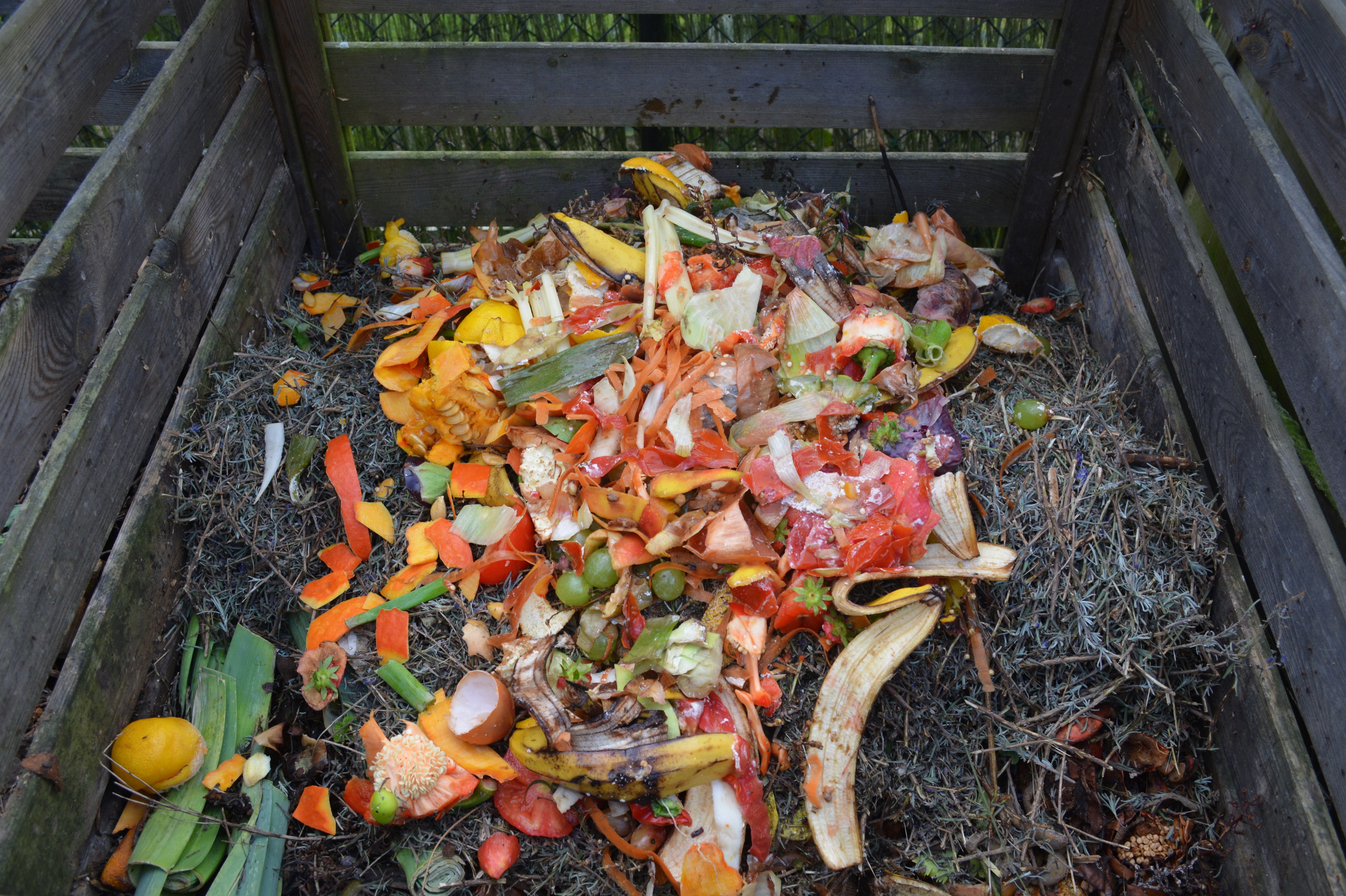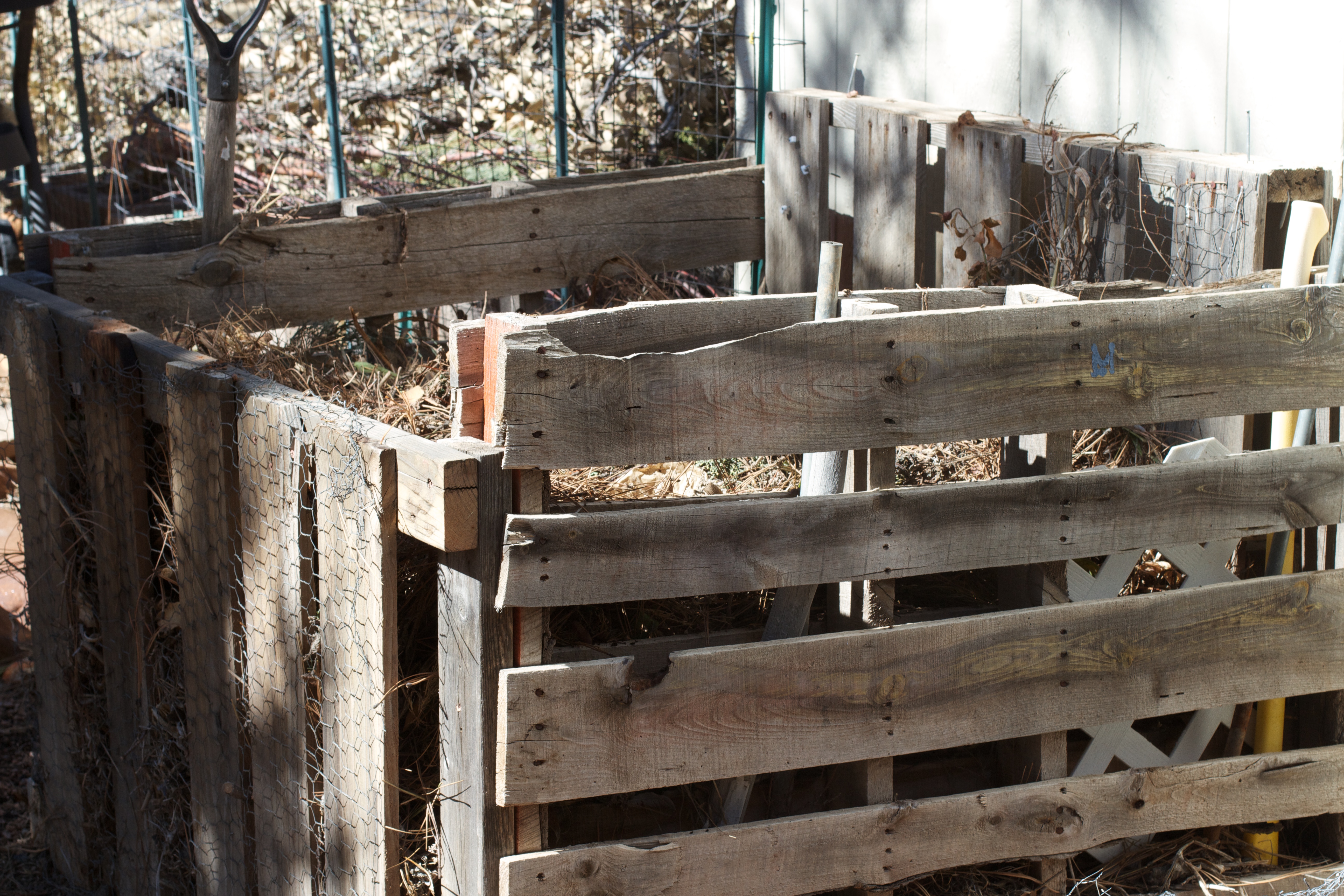 A few weeks ago, I wrote about knowing how to change a tire and change your oil but that isn’t all the mechanical knowledge you might need on a homestead. It really helps if you also have a basic understanding of how an engine works.
A few weeks ago, I wrote about knowing how to change a tire and change your oil but that isn’t all the mechanical knowledge you might need on a homestead. It really helps if you also have a basic understanding of how an engine works.
You could just call up a mechanic or get a tow truck to haul your vehicle, truck, tractor, etc. down to the shop. If you know how to do some basic repairs, you won’t have to spend the money on the mechanic or the tow truck and you’ll save yourself the downtime too.
 If you are going to be living in the country, there are going to be predators and varmints. Occasionally, you may even have trespassers. Knowing how to safely handle, shoot, clean and store a gun is a necessity.
If you are going to be living in the country, there are going to be predators and varmints. Occasionally, you may even have trespassers. Knowing how to safely handle, shoot, clean and store a gun is a necessity. Candles are easy to make. They can save you money and you can make use of old, odd bits of candles that you would have otherwise thrown away. They also make great gifts for your family and friends.
Candles are easy to make. They can save you money and you can make use of old, odd bits of candles that you would have otherwise thrown away. They also make great gifts for your family and friends. When it’s cold and you want a fire to warm your home, nothing works better than fatwood or a firestarter. Fatwood isn’t always easy to come by and buying it isn’t an inexpensive option.
When it’s cold and you want a fire to warm your home, nothing works better than fatwood or a firestarter. Fatwood isn’t always easy to come by and buying it isn’t an inexpensive option. When you live in the boonies, convenience stores don’t exist. Sometimes the power or heat goes out when you least expect it and there you are, needing to start a fire but you can’t because your teenager thought it would be fun to use the last of the lighter fluid lighting cow patties on fire on the back 40 last week. Its an hour to town and dinner needs to be cooked.
When you live in the boonies, convenience stores don’t exist. Sometimes the power or heat goes out when you least expect it and there you are, needing to start a fire but you can’t because your teenager thought it would be fun to use the last of the lighter fluid lighting cow patties on fire on the back 40 last week. Its an hour to town and dinner needs to be cooked.
 Compost is a valuable resource on the homestead. Most soil is lacking in something, compost can make up for that. As a homesteader, you will eventually have more than you can handle in the form of manure. Manure is rich in nitrogen, which in the composting world makes it a “green” and not a brown (even though common sense would have you thinking otherwise).
Compost is a valuable resource on the homestead. Most soil is lacking in something, compost can make up for that. As a homesteader, you will eventually have more than you can handle in the form of manure. Manure is rich in nitrogen, which in the composting world makes it a “green” and not a brown (even though common sense would have you thinking otherwise). Compost is not a dirty word. It is an essential building block on a homestead and if you have any vegetable matter or brown matter, you will want to make use of it to build the soil for your garden. All gardens and all animals create waste.
Compost is not a dirty word. It is an essential building block on a homestead and if you have any vegetable matter or brown matter, you will want to make use of it to build the soil for your garden. All gardens and all animals create waste. Haggling, like bartering, is almost a lost art in the United States. In many countries, haggling is the norm but in the US it is often considered rude. Less so in non-traditional markets like yard sales, farmers markets, and swap meets but even in these venues you will find people very put off if you haggle with them.
Haggling, like bartering, is almost a lost art in the United States. In many countries, haggling is the norm but in the US it is often considered rude. Less so in non-traditional markets like yard sales, farmers markets, and swap meets but even in these venues you will find people very put off if you haggle with them. If you don’t eat fish this article might not appeal to you but if you do, or if you raise chickens, ducks, or pigs, it still might. Fish is a cheap and easy source of protein for a homesteader. It can also serve as a fun family outing, providing some much-needed time to get-away from the farm.
If you don’t eat fish this article might not appeal to you but if you do, or if you raise chickens, ducks, or pigs, it still might. Fish is a cheap and easy source of protein for a homesteader. It can also serve as a fun family outing, providing some much-needed time to get-away from the farm.